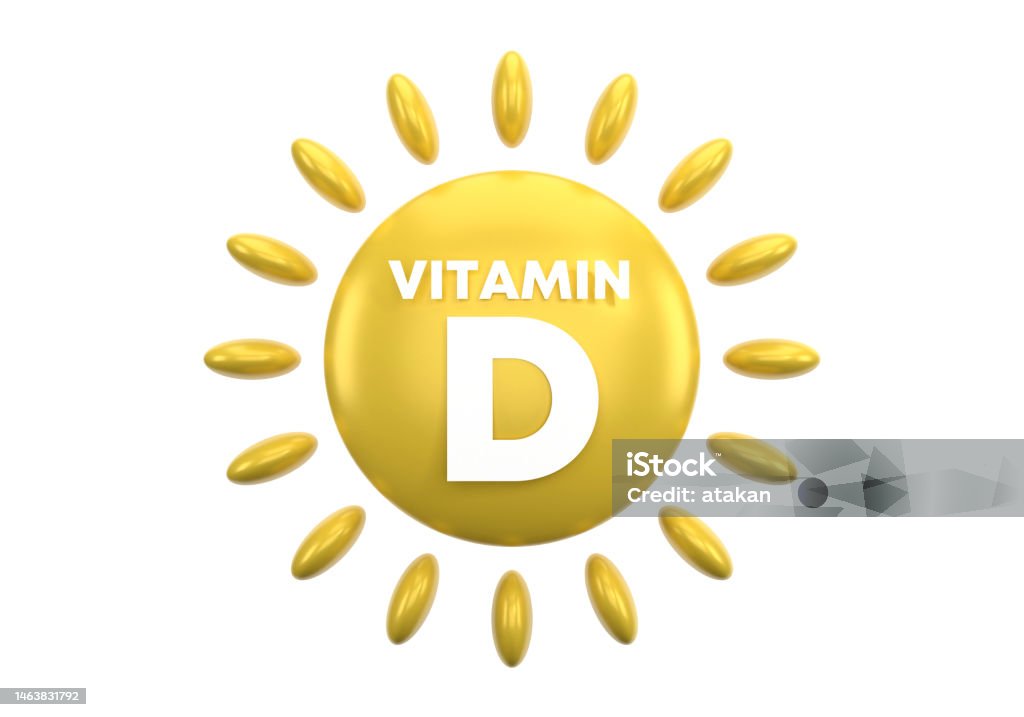

! Vitamin D, also known as the “sunshine vitamin,” is an important nutrient that plays a key role in a variety of bodily functions, particularly bone health, immune function, and neuromuscular system support. Unlike other vitamins, vitamin D acts like a hormone and every cell in the body has receptors for vitamin D.
Our bodies naturally produce vitamin D when exposed to direct sunlight. This unique property distinguishes vitamin D from other vitamins typically obtained from food. However, modern indoor lifestyles and specific geographic locations prevent a significant portion of the population from receiving sufficient sunlight, leading to widespread vitamin D deficiency. This deficiency can have serious health consequences.
Vitamin D is important for the absorption of calcium in the intestines and is necessary for the maintenance and development of strong bones. A lack of vitamin D can cause bones to become thin, brittle, and misshapen. In children, severe vitamin D deficiency can cause rickets, which is characterized by soft, weak bones. In adults, low vitamin D levels are associated with osteomalacia (softening of the bones) and osteoporosis (a condition in which bones become more brittle).
Beyond bone health, vitamin D also plays a role in reducing the risk of certain diseases. Research suggests that adequate vitamin D levels may reduce your risk of multiple sclerosis, heart disease, and even the flu. Additionally, vitamin D is thought to regulate the immune system, strengthen the body’s defenses against infections, and reduce the risk of autoimmune diseases.
The recommended daily amount of vitamin D varies depending on your age, health, and amount of sun exposure. For many people, achieving sufficient vitamin D levels may require a combination of food sources, sunlight, and supplements. Foods rich in vitamin D include fortified foods such as fatty fish (such as salmon, mackerel, and sardines), fish liver oil, milk, orange juice, and cereals.

However, it is important to note that excessive intake of vitamin D (usually through supplements) can cause vitamin D toxicity. This causes a buildup of calcium in the blood (hypercalcemia), which can lead to nausea, vomiting, weakness, and serious kidney problems. While ensuring proper intake is important, it is equally important to practice moderation and consult your health care provider when considering supplements.
In conclusion, vitamin D’s diverse roles in human health require a balanced approach to sun exposure, diet, and supplements to maintain optimal levels and support overall well-being. It emphasizes gender.








